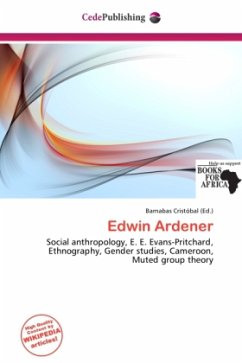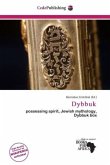Please note that the content of this book primarily consists of articles available from Wikipedia or other free sources online. Edwin Ardener (1927 1987) was a British social anthropologist and academic. He was also noted for his contributions to the study of history. Within anthropology, some of his most important contributions were to the study of gender, as in his 1975 work in which he described women as "muted" in social discourse. A graduate of the LSE, Ardener took up an Oxford lectureship in social anthropology at the invitation of E. E. Evans-Pritchard. His ethnographic research concentrated on Africa, particularly on Cameroon. His history of the Bakweri of Cameroon in the nineteenth century is regarded as definitive. One of his best-known contributions to anthropology came in the 1975 article ""The Problem" revisited", in Perceiving women, a volume edited by his wife and fellow anthropologist Shirley Ardener. In this essay he advanced the theory that women have been a muted group, comparatively unheard in social discourse, whose relative silence might also be seen as a function of the dominant group's deafness to them.
Bitte wählen Sie Ihr Anliegen aus.
Rechnungen
Retourenschein anfordern
Bestellstatus
Storno








